Program Path: Healthcare
Nursing is a well-established profession. But like any field, it has its challenges. The landscape of healthcare changes continually, and nurses must adapt. It’s not always easy, but the rewards […]
Program Path: Healthcare
Today’s students are looking for alternatives to the traditional college experience. As an investment, four-year degree programs don’t always hit the mark. Training is an investment, so it should teach […]


Program Path: Healthcare
Vocational colleges offer a broad range of healthcare training options for students with different aptitudes and aspirations. The goal is to prepare the next generation of healthcare workers for today’s […]
Call Us Today or Complete The Form at the Top of The Page to Take the Next Step Toward Your New Career!

Gwinnett
Colleges & Institute
Gwinnett Colleges and Institute cannot guarantee employment or a minimum starting salary upon graduation; however, placement assistance is available upon successfully completing the selected program.
For state authorization and accreditation information, please refer to the location page associated with the campus you are interested in.
Disclosures and Catalogs
For Consumer Information, Disclosures, and Course Catalogs, please click the above link.
Sources and related content